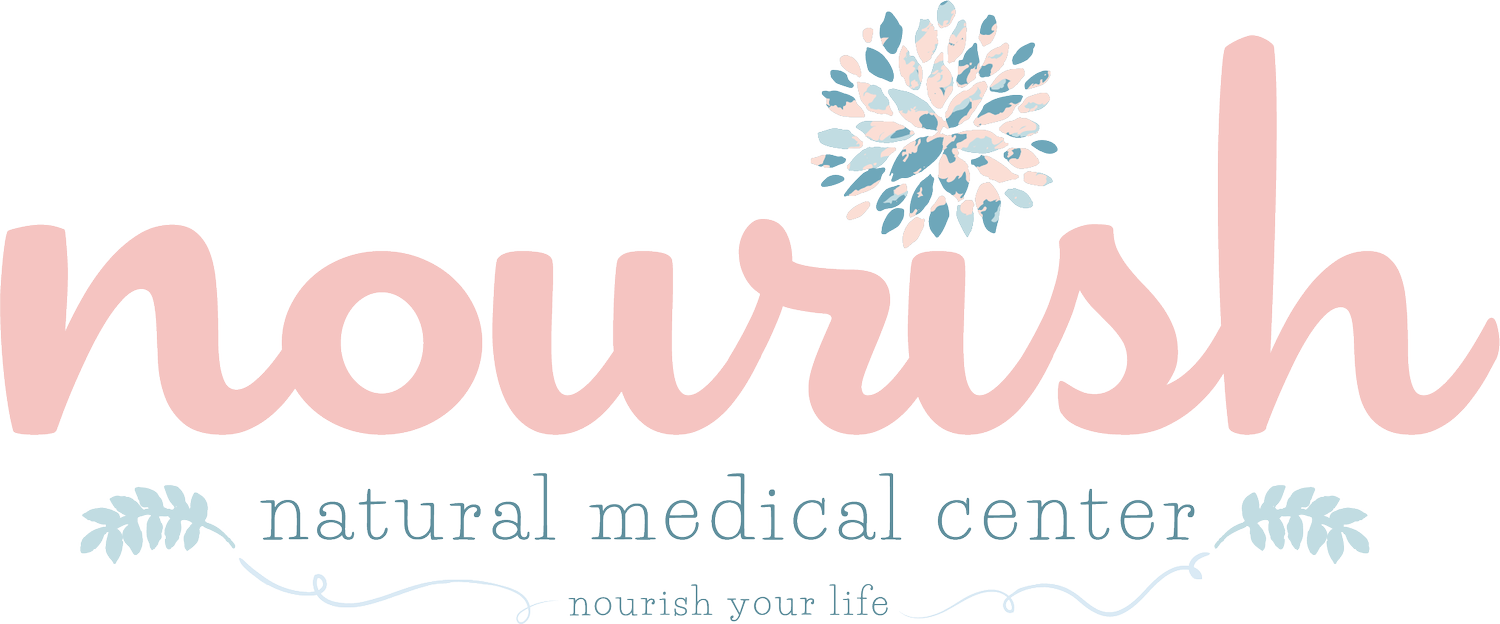Nourish Your Body: Ending Your Cleanse
Congratulations! You completed the cleanse! The secret to maintaining the healthy diet you started during the cleanse is that this isn’t a diet; it’s a lifestyle change. By increasing our awareness of how unhealthy foods can affect us, and how healthy foods can increase our energy and help us maintain a healthy weight, we can make informed decisions that will have a positive impact on our long-term health.
When reintroducing the foods that you eliminated during your cleanse, it is best to do so gradually. In other words, don’t go out and eat a huge pizza and a hot fudge sundae the first day you are done with your cleanse. Start by reintroducing one type of food at a time. On the first day after your cleanse, you might want to eat a little dairy, while still eating whole grains and vegetables. Continue to gradually bring other foods into your diet again, while paying attention to how your body responds to each type of food. Consider avoiding any foods that cause symptoms for you when you reintroduce them. Keep in mind that your body can have a delayed allergic response to some foods, and you can have symptoms several days after eating those foods. Food sensitivity testing can clarify which foods may be causing fatigue, headaches, weight gain, irritable bowel, bloating, allergies, skin disorders, or other symptoms you may have.
Moderation is Key.
One of the most important factors in any lifestyle change is to learn to make it work for you by doing things in moderation. Remember, you’re not on a diet; you’re living your life in a more mindful and healthy way. You need to create a lifestyle that is both healthy and enjoyable. Unless you have a health condition that prohibits you from eating certain foods, it’s okay to indulge occasionally. The most important thing to remember is to create a balance between the healthy foods you choose to eat and the less healthy foods, and also to balance these foods with the right amount of exercise. If you want to eat a piece of cake one evening, promise yourself that you’ll spend an extra 30 minutes at the gym, or have a big salad for dinner. Doing things in moderation is necessary for any lifestyle change to be lasting.
Education is Empowerment.
By increasing your knowledge of nutrition, even if only on a very simple level, you can make more informed choices about which foods to include or exclude on a daily basis. Reading labels on packaged food items can help in making healthier decisions. Some of the main things to look for on nutrition labels are:
A balance of protein, carbohydrates, and fats can be beneficial for most people who are interested in losing weight or maintaining a healthy lifestyle. Some foods, such as fruits, vegetables, and grains, are naturally higher in carbohydrates. By balancing these foods with items that are higher in protein, such as meats, legumes, or nuts, we help stabilize our blood sugar, boost our metabolism, and avoid energy crashes.
Fiber content. Based on new studies correlating high fiber diets with decreased incidence of heart disease, colon cancer, and diabetes, recommendations for fiber intake have increased. Adults should be eating 30-40 grams of fiber daily for optimal health. Tricks for increasing your daily fiber intake are to snack on raw veggies instead of chips or cookies, eat whole fruits instead of drinking fruit juices, and try whole grains instead of refined grains.
Additives. Look for preservatives, such as BHT, BHA, calcium propionate, disodium EDTA, sulfites/sulfur dioxide, etc. It is best to avoid artificial colors, such as Red #40, or Blue #1. Artificial sweeteners, such as sucralose (Splenda), acesulfame potassium, or aspartame, can be harmful as well.
Number of ingredients. Generally, foods that are more natural and healthy also tend to have a simpler list of ingredients, without all the additives that can be found in more highly processed foods.
Cultivate Your Awareness.
Eating a cleansing diet, such as the cleanse we just completed, can help to increase your awareness of the impact that certain foods can have on your health. For most people, after we do a cleanse, we are more likely to notice changes in our energy or general health after eating unhealthy foods. This awareness is what allows us to naturally develop and maintain a healthy lifestyle. You may notice that a certain type of food makes you feel tired, have headaches, or experience other symptoms. Pay attention to the way your body responds to the foods you choose to consume. Food sensitivity testing can also be very helpful in finding the right nutrition plan for your unique needs. Certain foods aren’t for everyone, and individualizing your options is an important part of creating a lasting healthy lifestyle.
Make a Promise.
The choice to live a healthier life is one that can benefit not only you, but everyone around you as well. Make these changes because you truly want to live a healthier life, and commit yourself to doing just that. And remember, make these changes work for you with moderation, patience, and continued education and awareness of which foods are right for you.


